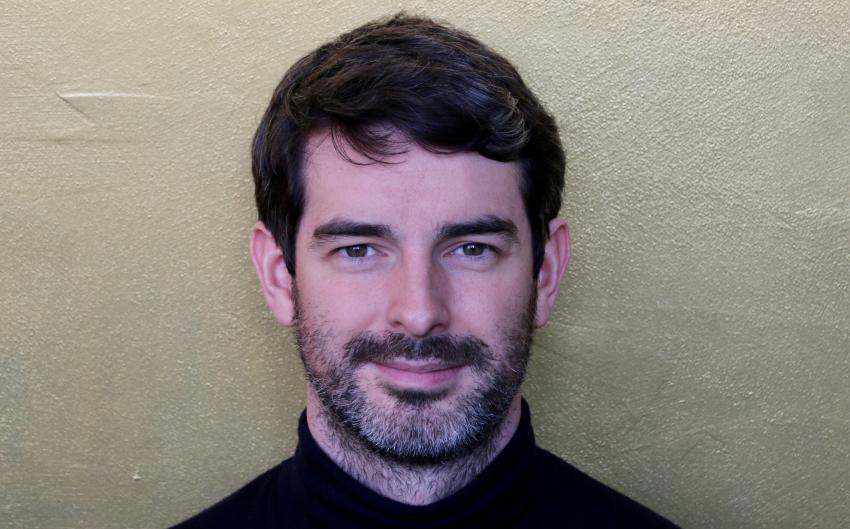„Is it okay to kill an animal for its fur?"

Germans buy an average of five new items of clothing each month. Why can't we stop shopping?
We live in a society that always wants more – whether it's technology, cars or clothing. The media transmits this message on a daily basis. Affected by marketing, that claimes, we constantly have to be in trend or belong to a certain group, which this is neither healthy nor sustainable. Sure, everybody can spend their money on whatever they want, but then we will probably come to a point where we will have bought too much and destroyed the planet.
The affordable market leaders in the fashion industry offer up to 24 collections a year. What can we do about mass consumption?
I believe only those who think long term can change the future of the earth for the better. Which means less, but timeless and sustainable clothing has to be produced. We also need to stop throwing away our clothes and think about how we can repair or reuse them in a different way. International laws regulating overproduction in the fashion industry would be helpful as well – but from an economically perspective this is unrealistic.
Why is that?
Each company wants to produce and sell more in order to improve its annual turnover and profit margin. That is something you can not impose law onto. Humans will always want to grow and expand but this has its price for the environment.

Many budget fashion chains now produce with organic cotton and bring sustainable fashion lines to the market – is this a step forward?
This is pretty much the biggest marketing lie around at the moment. Of course, it's better to use cotton instead of acrylic or other plastic materials. But the production of cotton requires vast amounts of water, which is needed much more urgently elsewhere in the world than in the fashion industry. Advertising for organic cotton is just another marketing strategy right now to adapt to the sustainability movement and so not to lose sales.
Polyester, for example, is produced from non-renewable petroleum. Are there other, more sustainable materials?
Linen, hemp and wool for example. Linen and hemp can be grown all over the world and require very little water and no pesticides at all. Moreover, hemp is one of the oldest fibres in the world and keeps cool in summer, as well as warm in winter. Wool however, is one of the best fabrics to use as long as the sheep are well looked after and shorn appropriately. It is naturally produced, renewable and biodegradable. There are already a few fashion brands within the luxury sector that own and control their entire supply chain from the Australian flock of sheep to the weaving and finishing process and final making of the garment.
How about fur?
That is a controversial topic in the fashion industry. When it comes to sustainability, many people only focus on one aspect, such as animal welfare, and neglect the bigger picture. From an ecologic point of view, real fur is much better than its counterpart because it is biodegradable, whereas fake fur is made of plastic and petroleum products and is therefore immensely toxic and environmentally harmful. An argument for replacing real fur with fake fur is a backward mentality and shows a lack of understanding of the bigger environmental issue. Also, certain luxury fashion companies have banned real fur, but still sell crocodile skin products – which is simply hypocritical. The ethical and moral question here is obviously: Is it right to kill an animal for its fur or skin? But this will be discussed for many years to come, as humans have always worn real fur and always will.
What does it take to understand the fashion world better?
Education. Teaching young people at an early age where certain raw materials come from and how they are processed. Ensure that they take responsibility for what and how much they buy and, above all, how they use it. The bottom line is: Sustainability can only be achieved through conscious consumption.
Born in Scotland, Campbell Dunn studied Fashion Design at the University of Huddersfield and received the Graduate of the Year Award at 2011’s Scottish Fashion Awards. Dunn specialized in tailoring and most recently worked as the Head of Design at the Belgian company Scabal, which mainly produces tailor-made men’s suits in the luxury segment.













